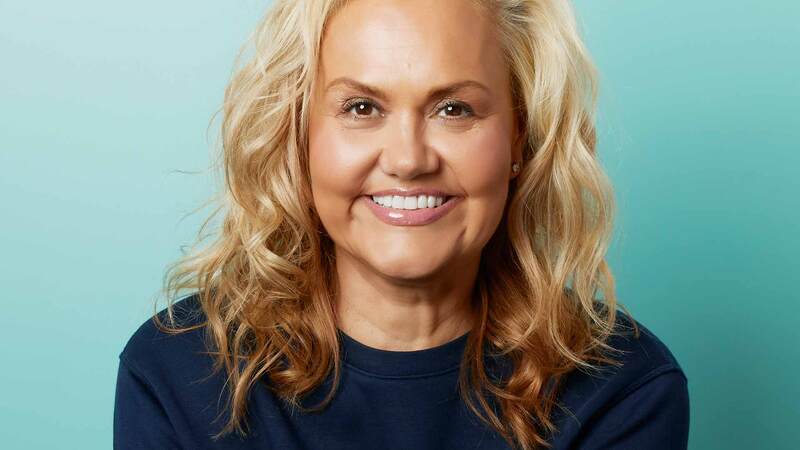Querying must be inclusive too
How can agents and publishers make the querying process easier for writers with a disability?
How can publishing people make the querying process easier for writers with a disability? Let me draw on a varied teaching background, multiple books, mentoring on writing courses and my role as originator of the Curae prize for writer-carers, which has offered much insight. Disability is a broad term, much broader than readers may imagine, but we are one in seven. Disability is not always visible, and its impact may fluctuate (as with me). I refer you to The Equality Act, 2010.
In this short feature I can only focus on a small number of areas, but I hope you find my thoughts helpful.
1. Be flexible with synopses and summaries
I have noted tweets by established publishing professionals claiming that if you cannot sum up your book, you do not know what it is about: if you cannot write a short summary, you cannot write a long book. Not so. They are different skills. Furthermore, if the querying writer were dyslexic—or had other problems with processing, owing to dyspraxia, or ADHD which quite frequently intersects with dyslexia—then summary skills could be particularly hard. Might they also be a genius of a writer? YES! My suggestion would be to offer, as an alternative, a bullet-pointed summary, or consider a short, recorded spoken summary. It is easier to do this than write because you are not decoding and processing in the same way. A handful of enterprising smaller publishers have already acknowledged this concept and suggested an alternative where preferred.
2. Get rid of ghosting
We should think about the mental health impact of ghosting. Agents and independent publishers deal with vast numbers of queries; I want to look after them too, but nonetheless posit that it should be industry standard to state up front and explicitly that no reply in a period (three months; six months) means no. It is NOT obvious to those new to the industry that no answer within however long is a no. Moreover, I think the all too frequent practice of ghosting after a full manuscript could be managed with the same disclaimer: no reply after three months is a no.
I write not only of agents who might ensure this text is visible, but also independent publishers whom you can approach without an agent, and of editors of journals and magazines: not only of book-length fiction and non-fiction, but of short pieces in whatever form. There are many outfits which have excellent and clearly stated policy; one well-known independent publisher suggests you put the "no" date in your diary at point of query, so you have a framework.
Just as those with a disability need representation, to see ourselves in books, we need industry to differentiate during the application process
One of my mentees describes his querying situation eloquently and offers another potential solution for ghosting: "For anyone managing OCD, the greatest challenge is the unknown. A lack of clarity, or closure, invites myriad intrusive thoughts to flood in and pinch my brain with doubt." He adds, "Query Manager is a particularly good tool; it enables agents to respond through an automated platform, so that even when they’re busy, they can respond with a click. Any response is better than none, particularly when so much work and thought has gone into a query."
3. Set realistic expectations
I think that ALL course providers have a responsibility, current circumstances, to prepare mentees and students for the high possibility of their work disappearing into a void. The resultant stress is hard if you are already at your limits. We need to remember that someone with chronic illness, for example, is navigating their condition, but is likely also not being taken seriously by service providers and often worried about money: we should not add to their anxiety. It would also be good practice for agented writers to be warned that their work on submission may be ghosted by at least some of the editors it is sent to. This was something I found particularly difficult, and one of those books was written while I was unable to get on top of pain, and up at night in a caring role. I say that not for sympathy, but for context and honesty. You may see me writing in The Bookseller and think it is a smooth ride for me. I assure you it is not so.
Just as those with a disability need representation, to see ourselves in books, we need industry to differentiate during the application process. You are not bound by it as potential publisher or agent of a querying writer, but it is nonetheless instructive to look at what the Equality Act framework calls "Reasonable adjustment" and flex with an informed eye on access, so that everyone can query and so that it can be a better experience. Such things ought to be within our remit and attending to them can only make publishing a more vibrant and generous place.



















